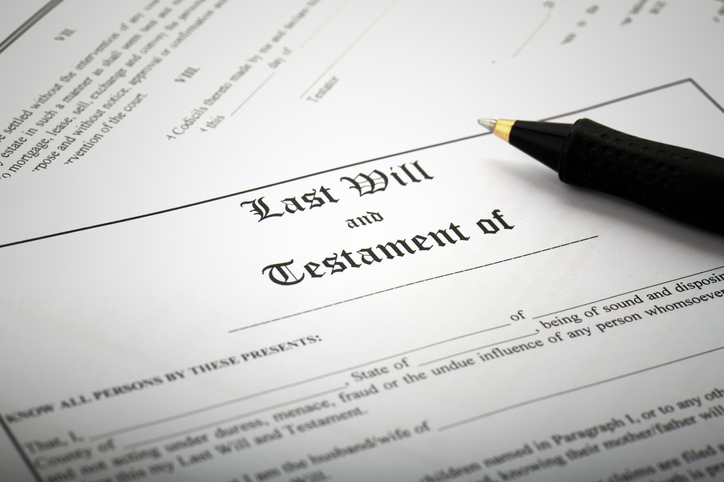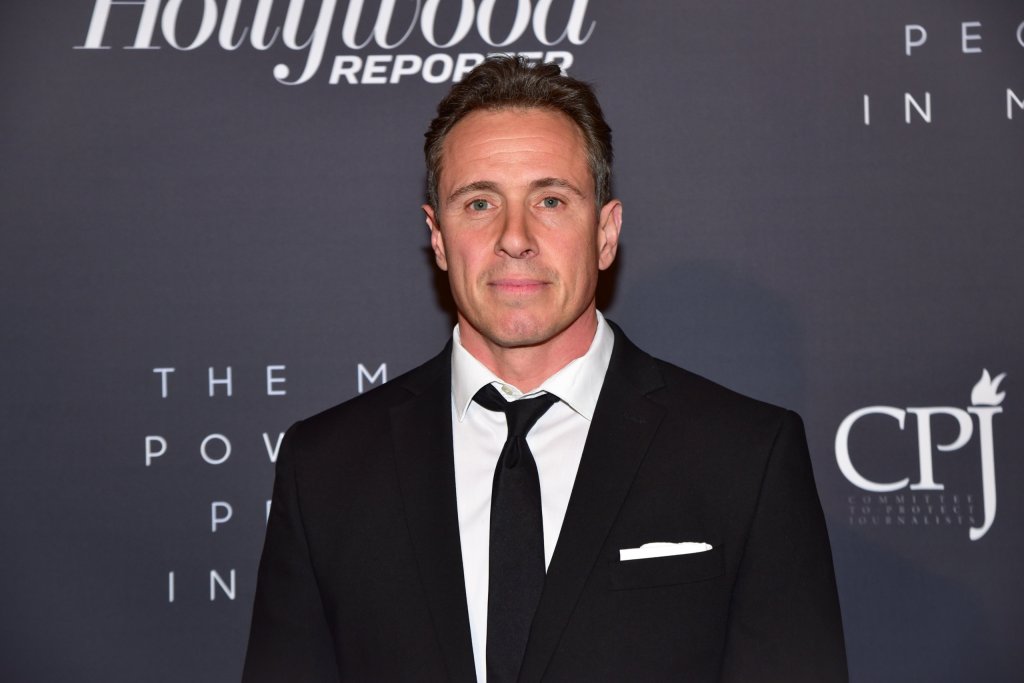Estate Planning At Every Age: You’re Never Too Young or Too Old to Plan

Estate planning is important at every age. The type of planning required is different across the generations, such as during the earning and accumulating years, during the planning years in which a family is growing, and during the protecting years as a person approaches retirement and beyond.
One common denominator for all generations is the importance of a Last Will and Testament. Young and old, wealthy, and middle income individuals and families must execute a Will so that estate assets can be distributed pursuant to your wishes. Without a Will, the state laws of intestacy determine how your assets will be distributed. For example, $50,000 plus one half of your assets will be distributed to your spouse, with the rest of your assets passing to your children, even if they are minors. This is not what most people want, particularly since your children will receive those monies at age 18.
Young families typically execute Wills in order to name guardians of minor children. Baby Boomers and beyond should focus on both estate planning and asset protection planning. In many cases, this can involve establishing a living trust and funding the trust with real estate and possibly bank and brokerage accounts as well. Transferring assets will begin the five-year look-back for asset protection and Medicaid eligibility purposes. If there is no healthcare crisis within those five years, all of the transferred assets will be protected and can be inherited by loved ones.
People of all ages should have Advance Directives, namely, a Power of Attorney, Healthcare Proxy, and Living Will. A Power of Attorney is a legal document wherein you name an agent(s) to handle your financial affairs, such as banking, real estate transactions, asset protection planning, and more should you become unable to do so yourself.
A Healthcare Proxy is a document wherein you designate someone to make medical decisions and communicate with medical providers on your behalf should you be unable to do so. Everyone older than age 18 should have a Healthcare Proxy. For example, did you know that when your child goes to college, if there is a healthcare emergency, you will not be able to get any information or speak to medical providers unless you are your child’s Healthcare Agent?
A Living Will is a document wherein you state your wishes regarding end-of-life care, such as artificial nutrition and hydration, pain management, and administration of CPR. By stating your wishes in this document, your loved ones do not need to make these extremely difficult decisions. Instead, they must honor your wishes.
Estate planning is critical at every age but it is also important not to “set it and forget it.” Your estate plan should be reviewed every five years, sooner if you retire or are contemplating retirement, if there are changes in your or your spouse/partner’s health, if there are changes to your family composition, such as deaths, births, divorces, or significant changes to asset levels (other than typical market fluctuations). And keep in mind that one size does not fit all; there are many case-specific issues that affect estate and asset protection planning. Only an experienced elder law attorney can properly analyze each situation and make the best recommendations.
April 16, 2021 is National Healthcare Decisions Day! Join Partner Melissa Negrin-Wiener at 8:30 a.m. for an educational and empowering webinar about the importance of advance care planning such as hospice care, end-of-life care options, and Advance Directives: Powers of Attorney, Healthcare Proxies, and Living Wills. To register, call Shannon Quinn at 631-390-5000 or email squinn@conalaw.com.
LEGAL ALERT: Learn about the changes to the Power of Attorney coming in June by attending our April 16 webinar. New York recently passed a law making substantial revisions to Powers of Attorney, including wholesale changes to this important legal document. These changes go into effect on June 13, 2021.
 About Cona Elder Law PLLC
About Cona Elder Law PLLC
Jennifer B. Cona, Esq. is the Founder and Managing Partner of Cona Elder Law PLLC. Cona Elder Law is an award-winning law firm concentrating in the areas of elder law, estate planning, estate administration and litigation, and healthcare law. Cona Elder Law takes a holistic approach to elder law, providing support and resources for older adults and caregivers, and maintaining long-term partnering relationships with clients to provide the best solutions for multiple generations. The firm has been ranked the No. 1 Elder Law Firm by Long Island Business News for eight consecutive years and received the Business Achievement Award from the Hauppauge Industrial Association (HIA-LI). For additional information, visit conaelderlaw.com.



